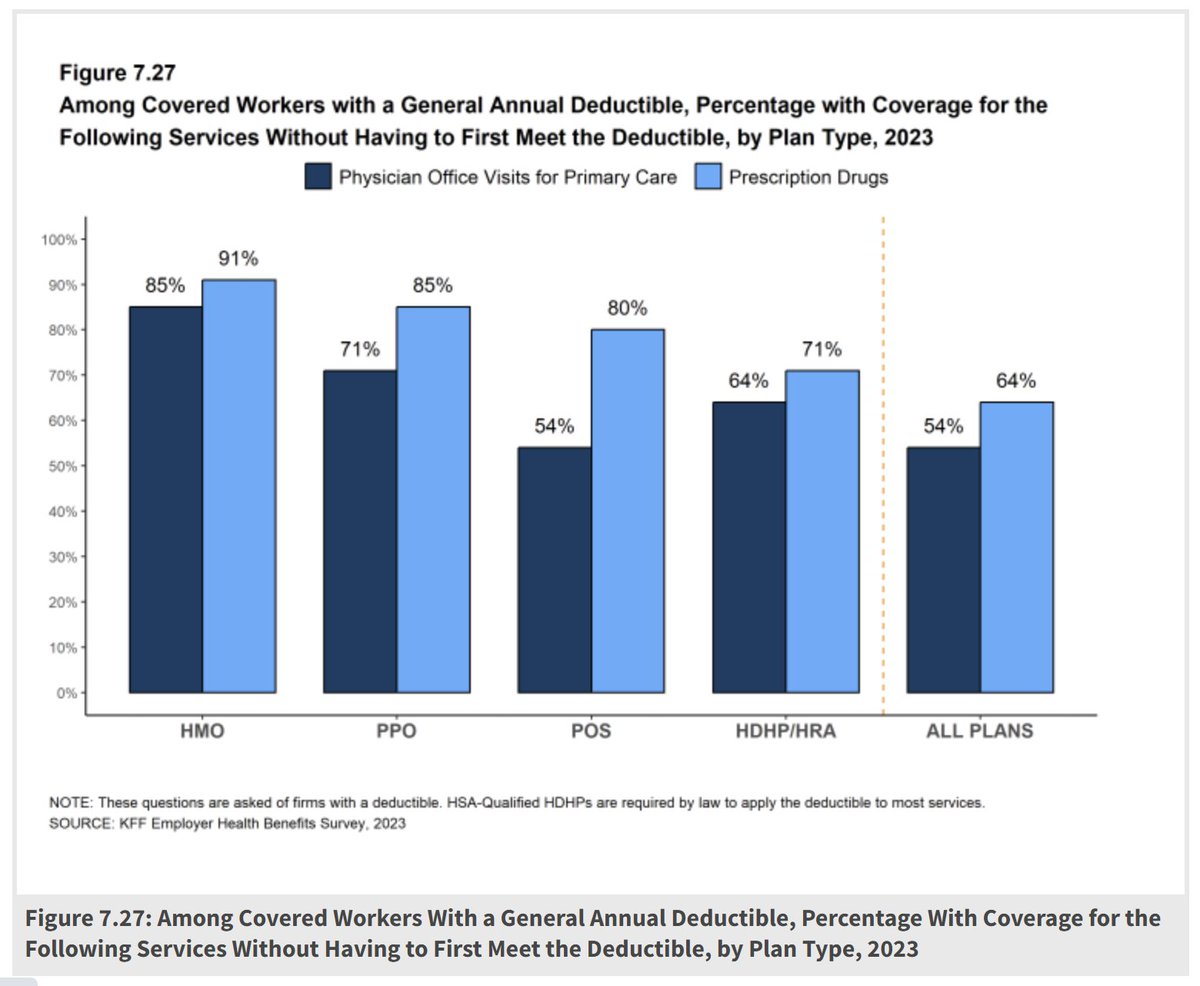President Trump has issued an executive order calling for regulations to cap drug prices paid in Medicare to those in other countries.
Joe Biden has proposed having the government negotiate drug prices paid by everyone.
Joe Biden has proposed having the government negotiate drug prices paid by everyone.
Biden's drug pricing plan goes much further than Trump's, but both are proposing a significantly bigger role for the federal government in limiting drug prices.
President Trump's executive order on drug pricing does not by itself do anything. It has to be followed up by regulations, which will take time.
Trump has a history of bold talk on drug prices, only to pull back when it comes to putting actual regulations in place.
Trump has a history of bold talk on drug prices, only to pull back when it comes to putting actual regulations in place.
Here's a link to President Trump's new executive order on drug prices, "Lowering Drug Prices by Putting America First."
It replaces the July 24 executive order that hadn't been released publicly, "Lowering Drug Prices by Putting America first."
whitehouse.gov/presidential-a…
It replaces the July 24 executive order that hadn't been released publicly, "Lowering Drug Prices by Putting America first."
whitehouse.gov/presidential-a…
• • •
Missing some Tweet in this thread? You can try to
force a refresh








